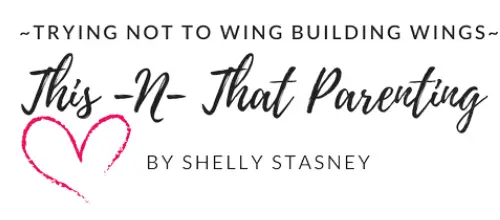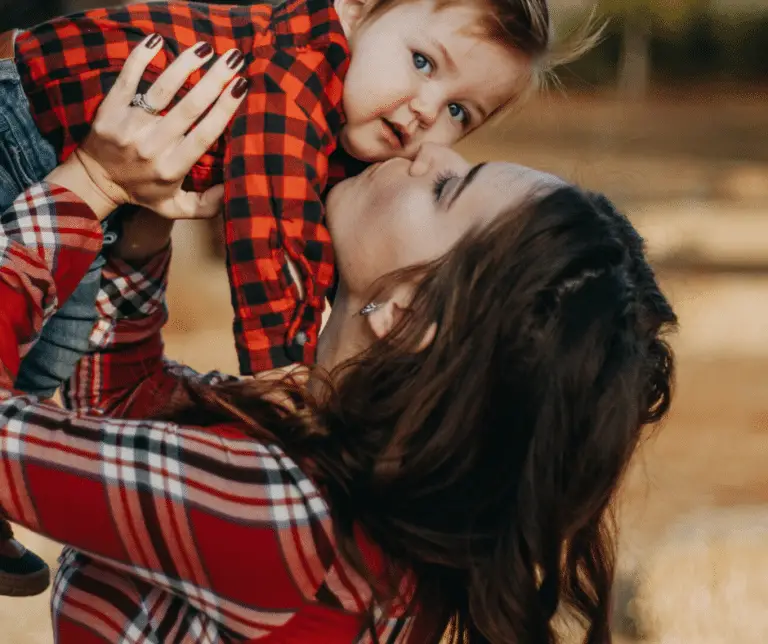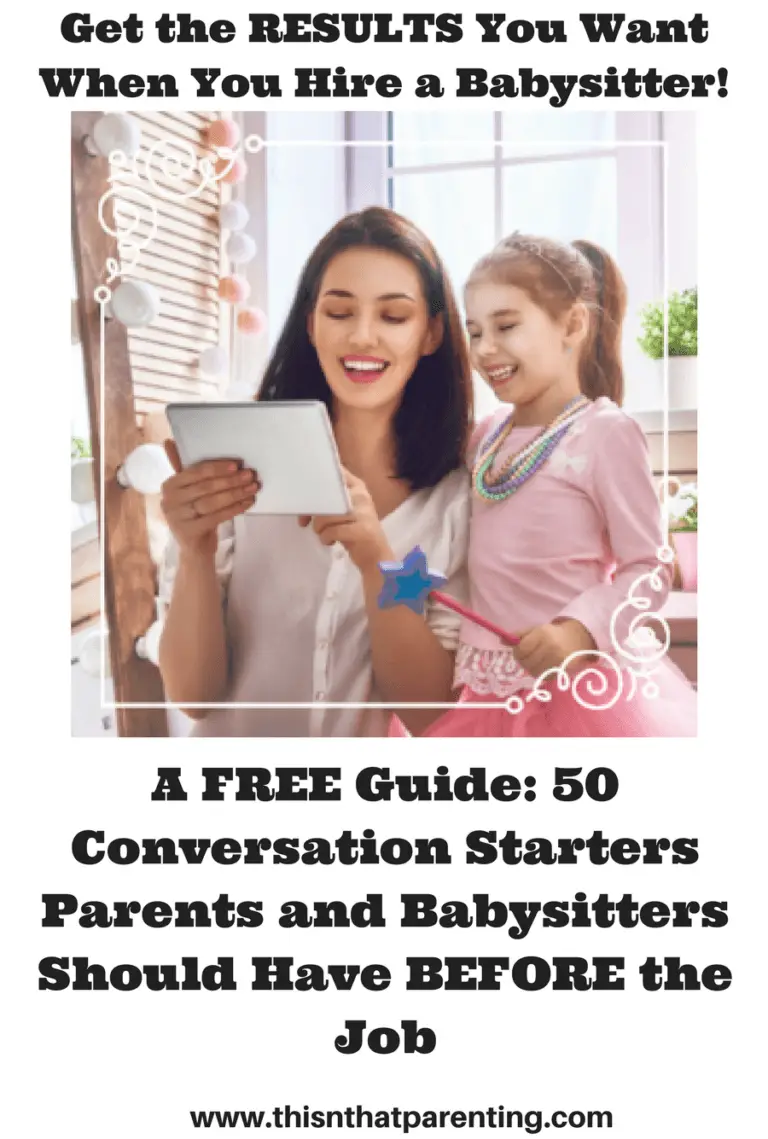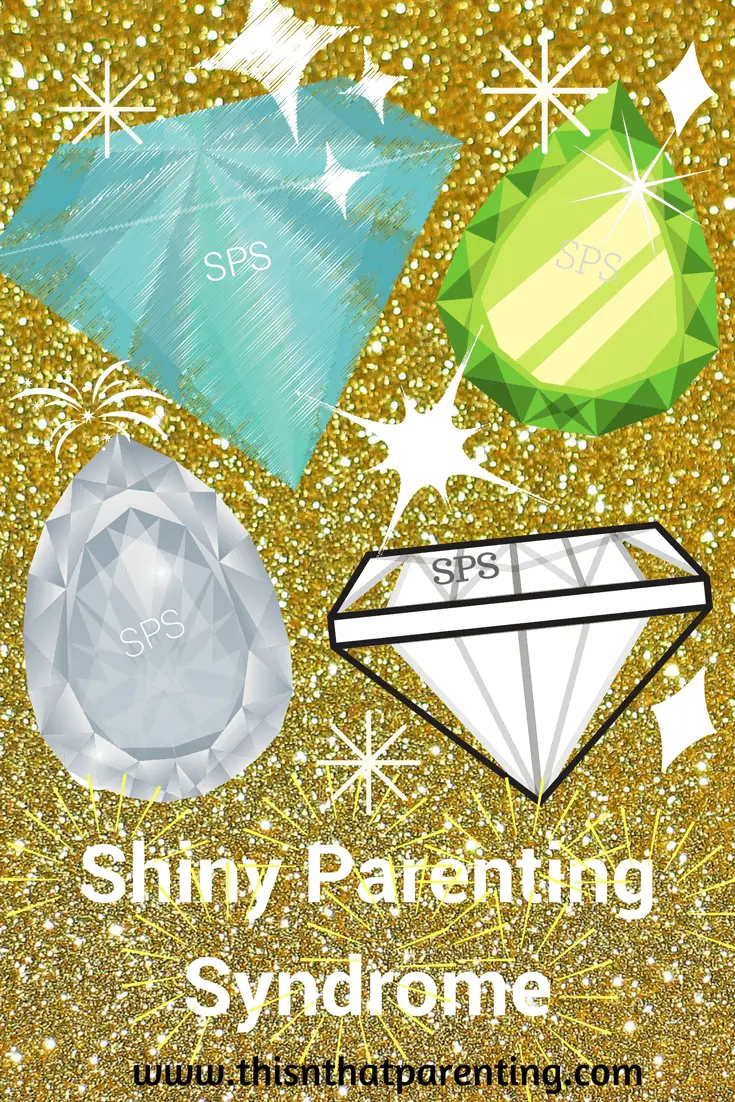20 Things You Never Say To Someone Who Had a Miscarriage
According to research, 15 to 20 percent of pregnancies in the United States end in miscarriage. Source This number is higher than most people assume. Most of the time, miscarriage is not something that is talked about comfortably. It’s hard to know what to say to someone who had a miscarriage. Many women who experience miscarriage do not share the trial with their community.
One reason women do not share their miscarriage or stillborn experience with others is because of how other people react to the news. What others say when they hear the news is sometimes the last thing someone who just found out they lost their baby wants to hear. It’s not worth the risks to share. Therefore, I am going to help you know what to say and what not to say to someone who had a miscarriage.
Of course, we all mean well. I doubt people purposefully set out to offend or hurt feelings. It makes some people uncomfortable and they fumble for words. Therefore, I’m going to give you what to say and not to say when you find out someone has lost a baby during pregnancy.
Without a doubt, people who miscarry need support. Awareness is needed in society. If the world knew how to respond to someone who had a miscarriage, the moms could feel less isolated and more supported, knowing others were there for them on their journey. My intention is for this article to be an educational piece of awareness for society.
Terms that mean someone lost their child
Miscarriage is defined as the loss of a pregnancy before 20 weeks. Obviously, some women lose their baby after 20 weeks. There are different procedures they may have to go through when this happens. If you hear any of these terms, you don’t want to say any of the suggestions I give you below. They mean that a baby died before being born.
- Miscarriage
- Stillborn
- I had a D&C. (dilation and curettage)
- I took pills to empty my uterus.
- I got a D&E. (dilation and evacuation)
- I had an abortion after my fetus died. (This is how the hospital labels the procedures.)
Though the path of grieving after the loss is different for each individual, if we educate ourselves on how to respond, then we will be more prepared when we encounter someone who has experienced a miscarriage, especially if it is someone near and dear to us.
In this article, I am going to use the word miscarriage to refer to a baby that dies before birth.
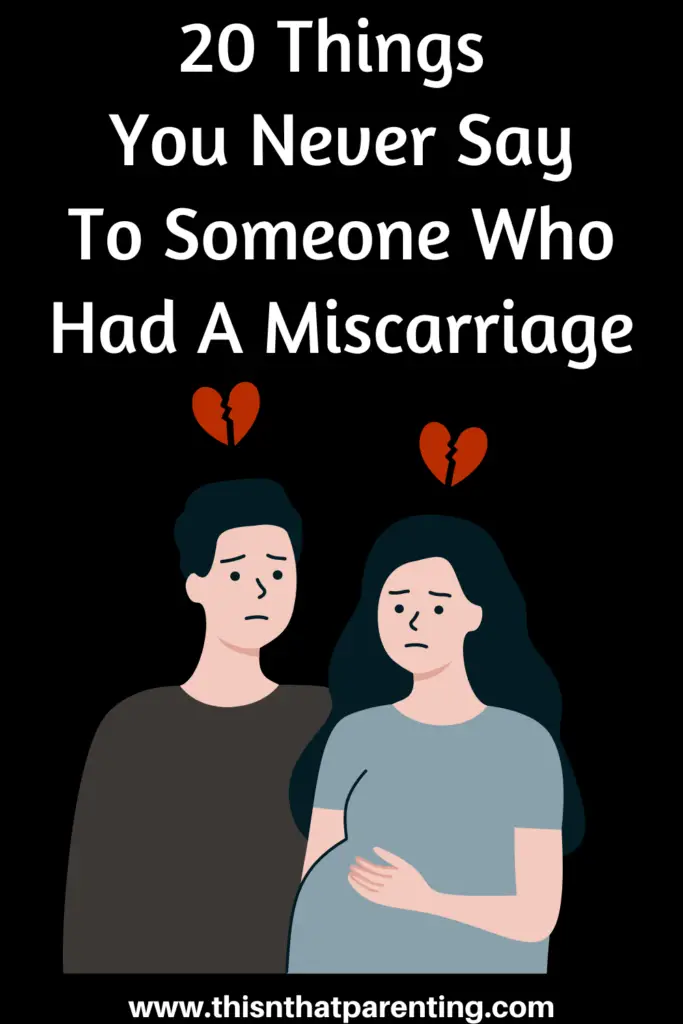
20 things You Should Not Say To Someone Who Had a Miscarriage
1. god knows what he is doing.
Yes, God knows what he’s doing all the time. However, it’s just not the time to preach. Trust me when I say that you saying, “God knows what he is doing,” will not bring anyone who miscarried closer to God, so spare the sermon.
2. At least you were only ___ Weeks or ___ Months along.
Just a heads up, it doesn’t matter if someone is one day pregnant or 100 days pregnant, don’t use how far along they are to comfort them. Just don’t. Don’t even start a sentence with at least. It comes across as if you are minimizing things.
3. You can always try again.
The mom may or not be thinking about the next steps yet. It’s not your place to tell her what her next steps after a miscarriage are. In fact, note to self: moms who lose a baby during pregnancy don’t need advice unless they ask you for it.
Related Article: The Ultimate List Of Inspirational Parenting Quotes
4. I know how You Feel I Had a miscarriage too.
If you’ve had a miscarriage or over one miscarriage, I’m sorry for your experience. During someone else’s miscarriage, is not the time to shine a light on your miscarriage. It can communicate to the mom that you’re trying to say your miscarriage was worse than theirs.
I know you are trying to connect, but hearing someone else’s terrible story at this time is not helpful. According to Dr. Brene Brown, we never know how someone else feels, exactly. We can’t infer their emotion even if we think we have walked a mile in their shoes.

5. It Just wasn’t meant to be.
It isn’t up to you to decide this or confirm whether a child was meant to be. This statement can lead to more anger, confusion and sadness for the mom who miscarried.
6. It Wasn’t The Right Timing.
Another statement that is near to this one is, “It’s all in God’s timing.” There are more supportive statements you can use. Leave timing out of the conversation.
7. At least you didn’t get to know the child and then it died.
Some women attach to the baby as soon as the test shows positive. Baby is all they think about. Some have names picked out, baby items bought, not to mention physical and emotional connections to the child. This phrase diminishes the pain that is felt.
8. This happens more than you think.
This does not negate the fact that this mom needs support. It happens more than 80% of those surveyed think. When it happens to you, it doesn’t matter if you’re 1:100 or 1:1,000,000. You’re sad that it happened to you!
9. It will be ok.
Acting like it’s not a big deal, much less even a deal- not OK. Don’t do it.
Related Article: Self Care For Moms: Intentional Habits That Are Proven To Bring Peace
10. You Should be over it by now.
Lord. This is what you call unsympathetic. When someone is dealing with loss and grief, you can’t put a timeline on them. Quick grief lesson here, grief is not linear. It is cyclical. Hence, the grief can circle back around throughout the parents’ life.
11. There’s no point sitting around being sad about it.
No. Just no. Like Mama always said, “If you can’t think of something nice to say, say nothing at all.” Saying anything about trying to be positive sounds like you’re being dismissive about the incident.
12. Look on the bright side. At least you know you can get pregnant.
As I stated before, starting a sentence with at least minimizes a griever’s experience. More than likely, the mom is thankful she can get pregnant. However, she does not need anyone telling her to look on the bright side or the positive when she has lost a child.
13. You should just keep it private.
Whether they make the news public or kept private is up to the parents. If someone is grieving, it’s going to be obvious to their inner circle that something is going on. Sharing the news gives others the chance to support you.
Recently, Hollywood star, Britney Spears experienced a miscarriage. Many opinions about when is best to share your pregnancy were thrown around social media. The best one I read was from NBC News’s Think, The Unexpected Lesson In Britney Spears’ Miscarriage Announcement.
People aren’t looking for advice about what they should do. They just need someone to listen to how they feel and hold space for them.
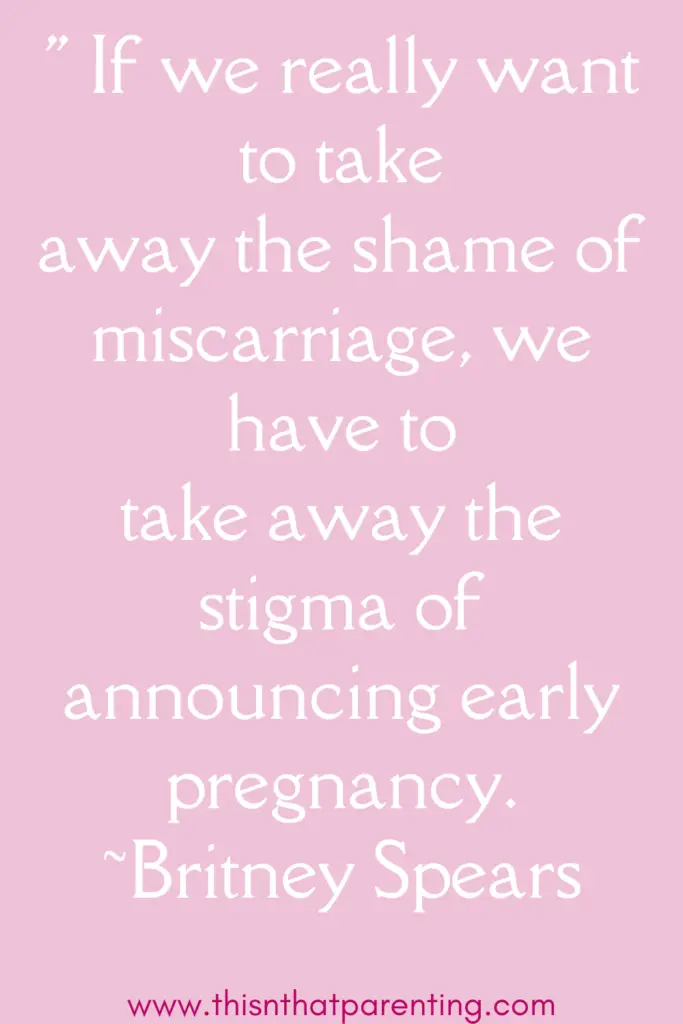
14. You should consider fostering or adopting.
It’s not the time for advice. It’s not the time for telling someone to give up on having their own child and take in someone else’s. If this is what they need to do, they will determine that on their own. Everyone knows about fostering and adopting, so it won’t be an AHA moment.
Parents who are grieving the loss of their unborn child are rarely thinking about the future. They are trying to get through the moment.
15. You should Try for another.
Miscarriages disrupt the menstrual cycle. Sometimes, it is not as simple as trying again right away. Some moms have to have procedures after the mishap in order to have another child.
Think about it. When someone’s grandpa dies, you don’t tell them to go find another grandpa.
16. Do You Know What Caused It?
If the parents offer you information on what the doctors think went wrong, listen and support. There are moms who miscarry that go through shame, guilt and body hating. Of course, the parents are wondering why? Of course, those who love the parents are wondering why? But if they don’t offer to talk about it, don’t force the topic. In fact, hold off on too many questions right after a miscarriage.
17. God doesn’t give you anything you can’t handle.
It’s not the time to bring up your belief systems. The truth be told, “God doesn’t give you anything he can’t handle.”
18. Mary Beth had 3 miscarriages before she had 4 children. I can give you her contact if you want to talk to her or have her text you.
It is important that the mother does not feel alone. If she says or eludes to wishing she knew someone this happened to, then you can offer. Otherwise, hold off. This may be something you can bring up several months after the loss, but from the beginning, it’s not about Mary Beth. Mary Beth’s story may not apply to this story.
19. It Wasn’t a baby yet.
*screams*
Yeah. Whatever your belief is on when a baby becomes a baby, just keep that to yourself right now. If you get punched, don’t say I didn’t warn you, or that you didn’t deserve it!
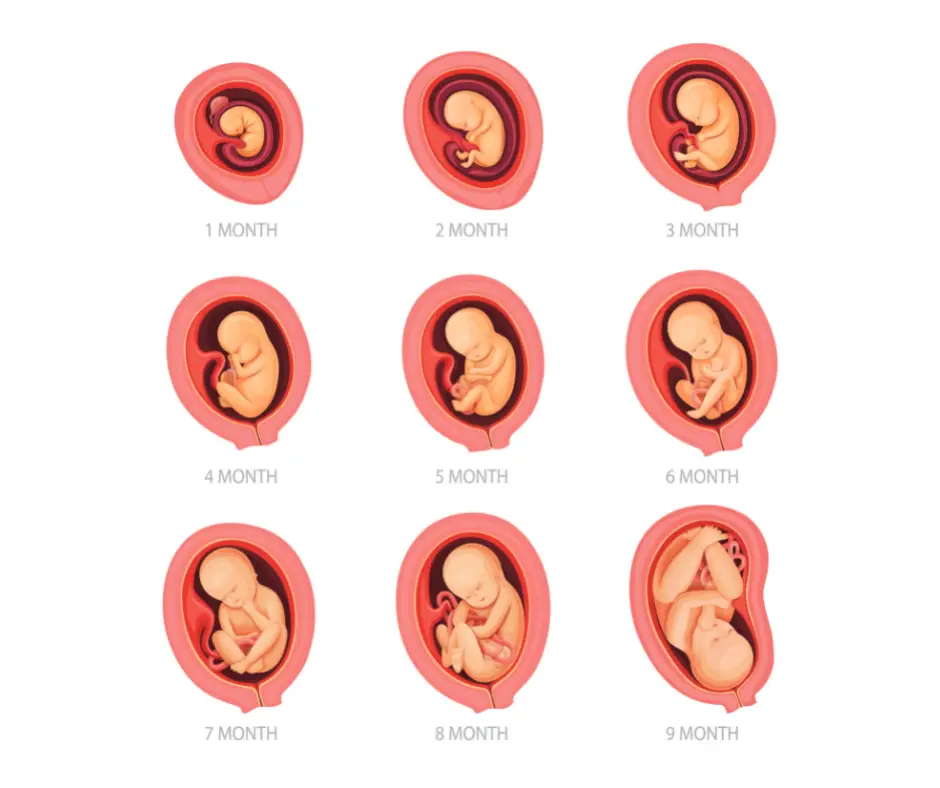
20. Maybe It was because ___.
It’s not time for your guessing game. More than likely, trying to conclude why the miscarriage happened could seem like you’re placing blame somewhere. You don’t want to plant those thoughts in Mom or Dad’s minds. You’re not comforting anyone by guessing at a diagnosis or listing all the reasons your friends have miscarried.
Don’t feel the pressure that you need to fix anything for the parents. Your support is enough.
What Can I say To Someone Who Has Had a miscarriage?
After reading the above statements, you may wonder if there is anything you can say to someone who had a miscarriage that would be alright. It is true. You will walk on eggshells in a sense. But this is not about you. Be brave. Acknowledge the loss.
Be present with the person who miscarried. Focus on listening more than speaking. Approach them with empathy.
If you feel too anxious to talk to them, text or email them, so they know you care. These are the things that help get them through.
10 things you can say to someone who had a miscarriage:
- I am so sorry for your loss.
- I am here if you need me.
- I’m here if you need to talk. I’m good at listening.
- Would you like a hug?
- How are you doing?
- I’m thinking of you.
- You’re on my mind and in my heart.
- This must be so hard. I am here for you.
- I love you. Take all the time you need to grieve.
- I am praying for you.
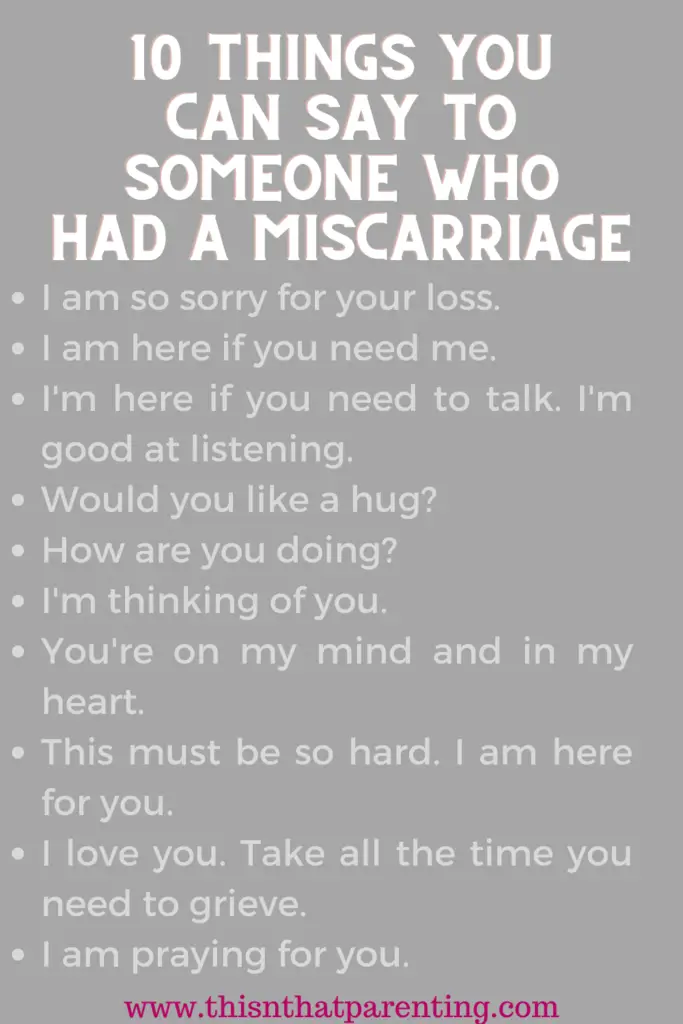
What Can I Do For Someone Who Has Had a Miscarriage?
A simple act of kindness and love at this time will go a long way. It may surprise you to find out just how many people avoid those who are grieving because they don’t deal with their discomfort. Therefore, those who are grieving appreciate those who go the extra mile. The extra mile is to go through the discomfort in the name of love.
Allow the grieving person to share their pain, stress, and their feelings. Your act of kindness is so important.
10 Things You can do for someone who has had a miscarriage:
- Sit with them. Listen. Be ok with silence as well.
- Send flowers.
- Send food, or give frozen meals that they only need to heat.
- Give a gift card to a restaurant. Organize a meal train.
- Mail a card.
- Bring homemade soup or bread.
- Offer to keep their other child or children to give them time alone.
- Mow their yard.
- Take their trash to the curb if you see it sitting.
- You can get comfort boxes with blankets, bath salts, and spa items on Etsy. You can also get remembrance boxes that have birthstone jewelry and books on Etsy. Look here.
Miscarriages are hard
Miscarriages are hard. However, if those in the community are empathetic, it can make the grieving process smoother for the parents. Certainly, if we watch what we say and do, if we are conscious about what comes out of our mouths and our behaviors, we are doing them a favor.
In addition, there are 2 other areas I’d like to address that you can not dismiss with someone who has experienced a miscarriage or stillborn birth.
Be Sensitive to the father of the baby
All too often, I hear stories of how people do not acknowledge that the father of the deceased baby is grieving as well. If you know a couple who has lost a baby before birth or had a stillbirth, you can give your sympathies to the father of the baby. All the above can be said to the father as well.
Further, it is popular for the father to stay strong for the grieving mother and not show his emotions. Let him know you are there for him if he needs you. As a result, maybe he will open up to you.
Women who miscarry may be sensitive at baby showers or pregnancy announcements
Without a doubt, they are happy for you and fully expect you to celebrate, but they need understanding if the celebration brings up trauma for them. More than likely, it will be a reminder for them. Hence, don’t believe them to be selfish or attention-seeking.
Although it may seem like it to you, this is a time you can have gratitude you can’t relate to the pain. It would be kind to say something like, “I’d love to have you, but I understand that this may be hard for you. If you’re not ready for this experience, I totally understand if you can’t make it to the event.” Especially if the miscarriage is very recent or near the anniversary of the miscarriage.
Call To Action
In conclusion, educating ourselves about miscarriage and allowing space for those who experience miscarriage to grieve, is one way to shine your light in the world. This post well equipped you for an encounter with someone who had a miscarriage. Keep in mind that your job is not to make it all better. Your job is to communicate sincerity and empathy. Now you can confidently give the support that is needed.
